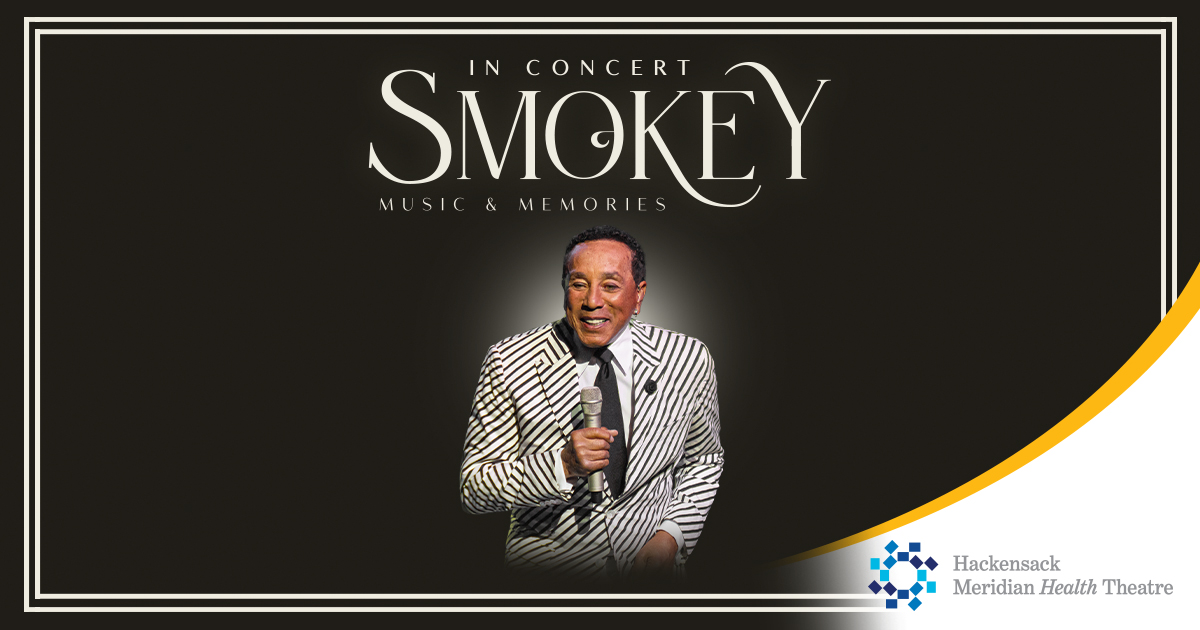
I dig the lyrics more than I like the execution. I do have a lot of material from the Miracles and I have a few of Smokey's big hit records, but records like "Virgin Man" and "The Love Between Me And My Kids" are new to me. That said, I've never heard most of these songs. It's kind of difficult to be a fan of R&B music without falling for that wicked falsetto of his. I think this period offers some of Smokey’s best vocal work.ĭeep songs beautifully sung. A way of whispering some of the words and then doing that little catch-in-his-throat moan that approaches but never quite reaches the volume of a wail. Smokey has an unhurried, languid approach to reciting the lyrics.

The way he worked that vibrato, you know, that subtle quiver that indicates both sincerity and vulnerability. Rather than focus on the lyrics and the content, let me say a word here about the beauty of Smokey’s falsetto crooning.

Then came the genre establishing A Quiet Storm from which we select three cuts: “Quiet Storm,” “The Agony And The Ecstasy” and “Baby That’s Backatcha.” And finally “She’s Only A Baby Herself,” brother man is singing about his sixteen year-old pregnant daughter. Then there’s “Virgin Man,” which is a long way from The Mack, Superfly Lover, black man as stud, etc., etc., ad nauseam. That’s a long way from rhyming moon and June. My man doesn’t want to cause no trouble and he respects the new relationship, he just wants to see his kids. A clear statement of where he’s coming from.įrom Pure Smokey we get “The Love Between Me And My Kids.” The set up is a man calls the home of his ex, whom has remarried, and speaks to her husband. Smokey sports an immaculate natural on both covers. The seventies were also a time of heightened consciousness. If there is a golden age of R&B/Soul Music, this is it. Two albums in succession: Pure Smokey (1974) and A Quiet Storm (1975). Smokey was into something way beyond that. And speaking of which, has anybody heard from Maxwell lately? But even there, it’s the passionate affair of singles getting together, struggling to become a couple. There are no more quiet storms: except, perhaps, you could argue that Maxwell is mining that groove. You might call it love songs for parents and new grandparents.īy the late eighties and nineties, the music industry would become youth obsessed. Indeed, in Smokey's new songs, the children are sometimes grown with children of their own. No more “My Girl” and “Ooh Baby, Baby.” We’re deep into adult territory now, well past the first blush and the rush of that first great affair. Gone are the thematically simple albeit emotionally true love songs. Unusual in pop music, Smokey successfully launches a second act. He has carte noir-he can do whatever he wants. Yes, deep love always has an element of mystery, even if it’s only: how did “they” get together? Without directly illustrating the concept, the cover is a perfect picture, or at least seems to work on a subliminal level, which is precisely the way Smokey’s songs do what they do. Where’s Smokey’s partner? Nice setting, no woman. Smokey stooping in a clearing, a black horse grazing nearby in the background. How can a storm be quiet? Oooohhhh and Sssssssshhh!Īnd that cover.

The slightly oxymoronic title became a euphemism for engaging in a bliss-filled, passionate night of sensual pleasure.

What can one say? This recording spawned a whole genre of popular music. You see, love is the only thing that’s there that I can think of that will be everlasting, and I want to write everlasting songs. Love is my favorite subject to write about.


 0 kommentar(er)
0 kommentar(er)
